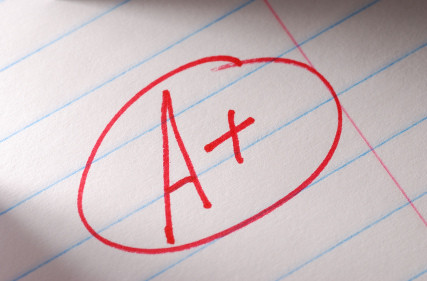
STEM
Environmental & Science Education
Edward Hessler
Since this teacher response to a student's answer has been viewed more than a million times and garnered some 200 responses it is likely you've seen it as well.
The worksheet itself is described at the bottom as "reading support and practice," explicitly for "use with pp. 120-133". The prompt for the student is "Suppose you wanted to build a house on this land and still protect its natural resources. What could you do? How would it protect the natural resources?"
The answer: "You can just forget about the house."
The teacher's response in red is "ha-ha!" followed by an emoji (indicating full credit?). This made me think about feedback.
I know nothing about the teacher but assume they were trying to be useful and helpful under the constant constraints of time and all too often, grinding duties.
In his book Assessing Student Performance: Exploring the Purpose and Limits of Testing, the late Grant Wiggins devoted a chapter to feedback and ways as well as the need, for improving it. I think it is too often undervalued in education. He writes "What is wanted is user-friendly information on how I am doing, and how, specifically, I might improve what I am doing."
I'd like to know what the student was thinking. The student might have been asked a reason or two for the response or to respond to a "what-if" question.
Does this tiny snippet from a student demand more of a response and what kind? Is the teacher's response at all useful? How? If not, what are your reasons? What would you write on this worksheet so that the student might profit from your comment? Would you routinely take class time for discussion of student responses (a sample of them)? Why or why not?

 CGEE Student Voice
CGEE Student Voice
No comments:
Post a Comment